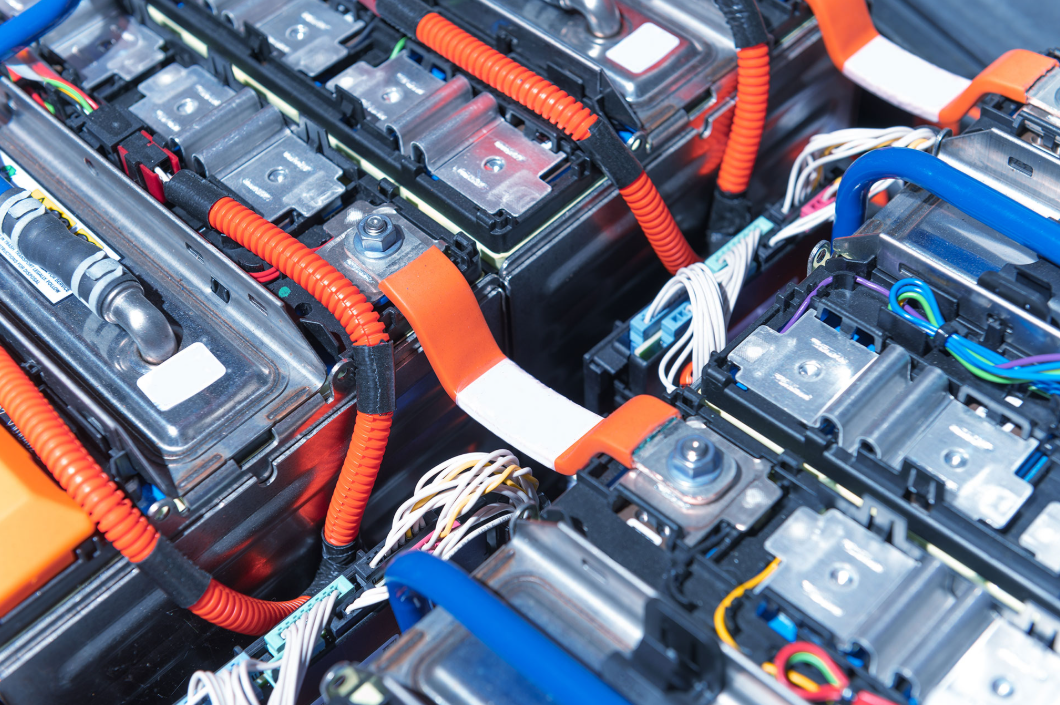What are the differences between exporting electrified and non-electrified products to Saudi? There are significant differences between exporting electrical and non-electrical products to Saudi in terms of regulatory requirements and process complexity, primarily reflected in certifications, customs clearance, and documentation.

In terms of the certification system, electrical products must undergo multiple stringent certifications, such as GCC Certification and IECEE Certificates of Conformity (for information technology equipment). High-risk products also require SQM Certification. Additionally, they must comply with energy efficiency and environmental regulations—for example, air conditioners and refrigerators need energy efficiency labels, while electronic and electrical equipment requires SASO RoHS testing. In contrast, non-electrical products generally only need SABER COC Certification, which involves a simpler process, shorter cycle (7-15 days), and lower costs, with no energy efficiency certification required.
Regarding customs clearance, electrical products require multi-layered approvals from customs, SABER, and relevant industry authorities. For instance, communication equipment requires CST frequency band approval documents, and medical devices need SFDA registration and SASO Certification. The customs clearance process takes 14-30 days, with higher testing costs. Non-electrical products only require single-layer approval from customs and SABER, with a clearance period of 3-7 days and lower testing costs.
Documentation and labeling requirements also differ. Electrical products require the submission of circuit diagrams and user manuals in Arabic, with labels indicating voltage, power, etc. Lithium battery packaging must meet special standards. Non-electrical products have simpler documentation requirements, and labels only need basic information.
In terms of tariffs, electrical products face higher tax rates and value-added taxes (VAT). Although some products are exempt from tariffs, their certification process is stricter. Non-electrical products are mostly subject to a 5% tariff, with some being exempt. Logistically, electrical products require hazardous material-certified logistics, which increases costs, and may need to be declared separately. Non-electrical products can use ordinary logistics.
To navigate these challenges, companies must check HS codes in advance to determine risk levels, collaborate with local agents, and optimize their supply chains to ensure smooth exports.
Ontask Express has specialized in Saudi door to door one-stop services for 20 years. We are fully certified and ensure hassle-free customs clearance. With overseas warehouses and self-managed Chinese delivery teams based in Jeddah and Riyadh, we offer e-commerce-friendly logistics without appointment requirements. Our safe and reliable logistics solutions empower your business growth in Saudi Arabia.


